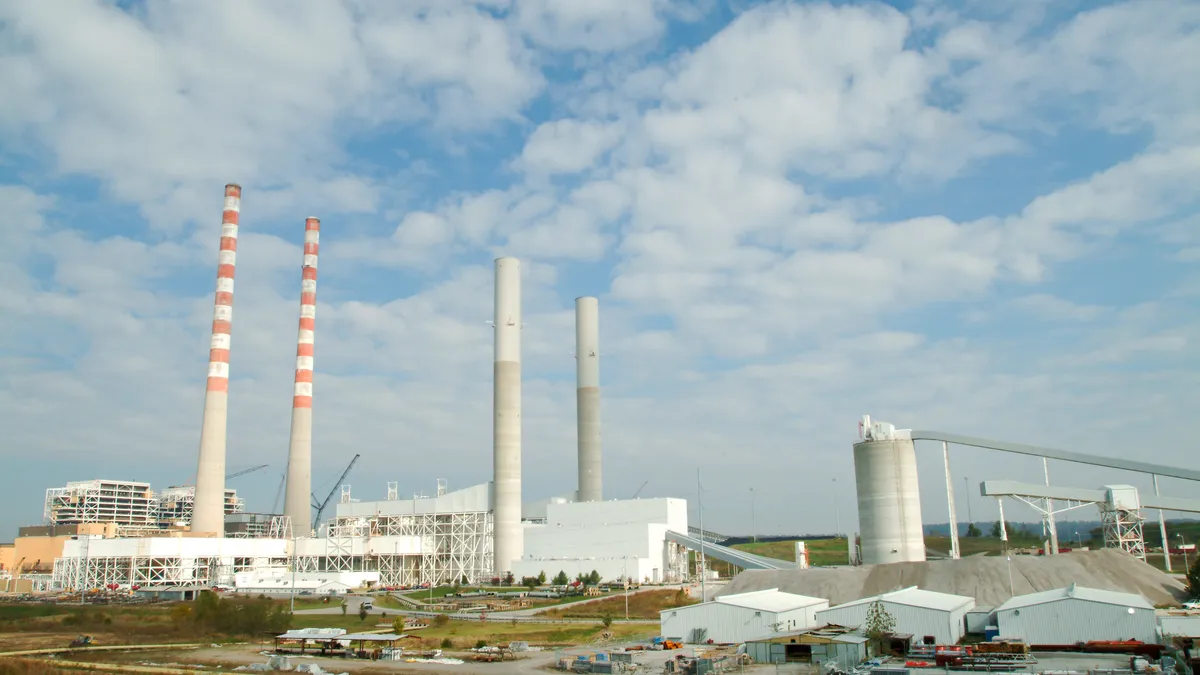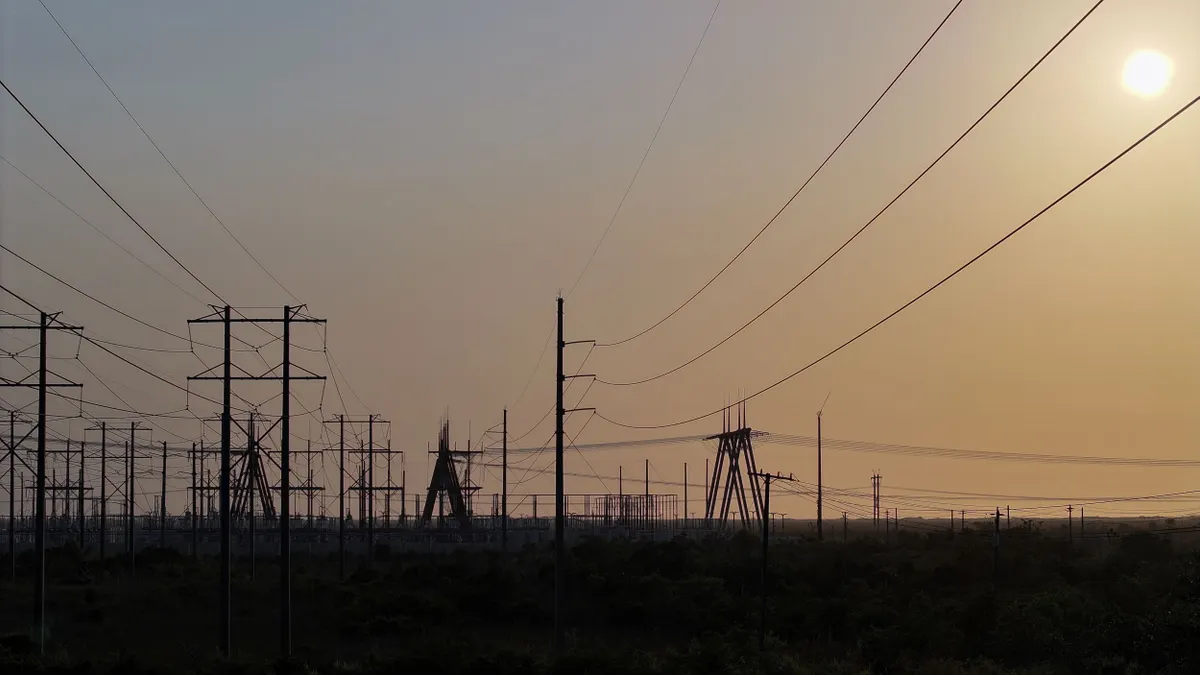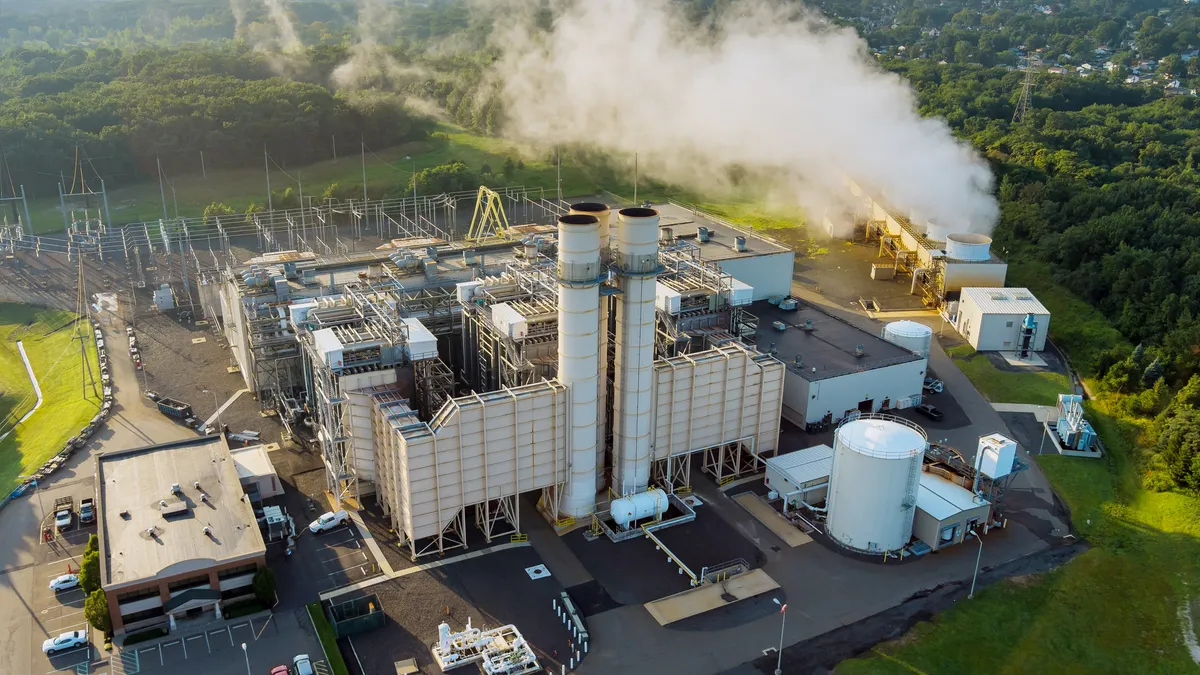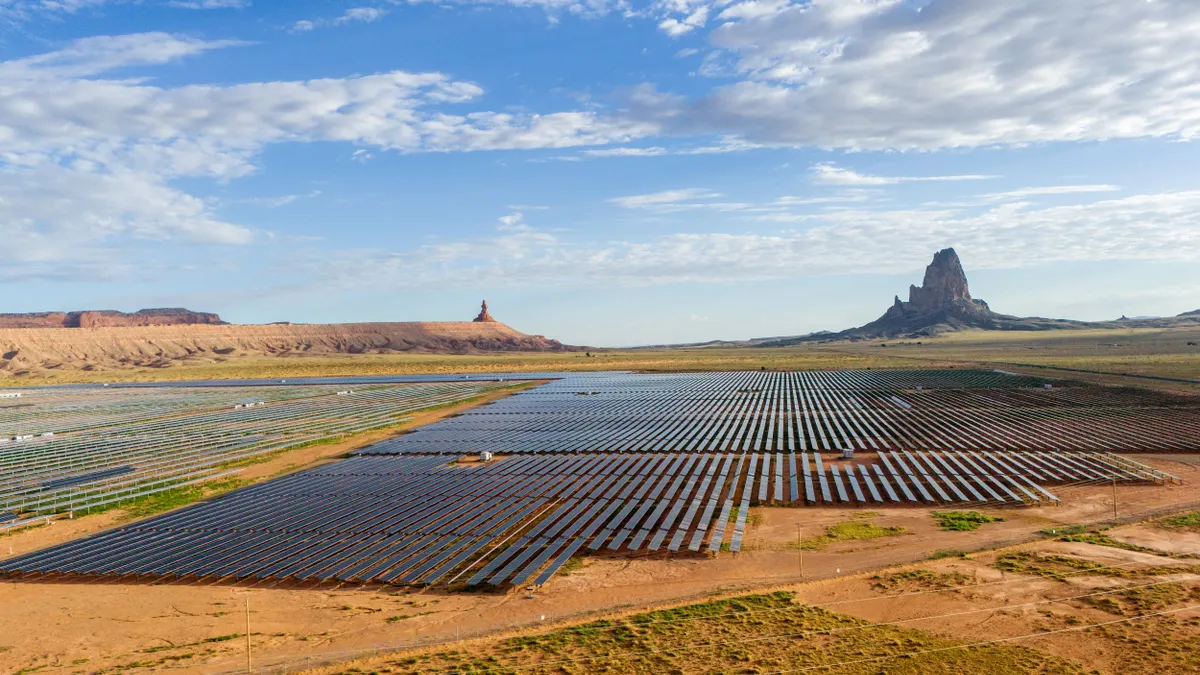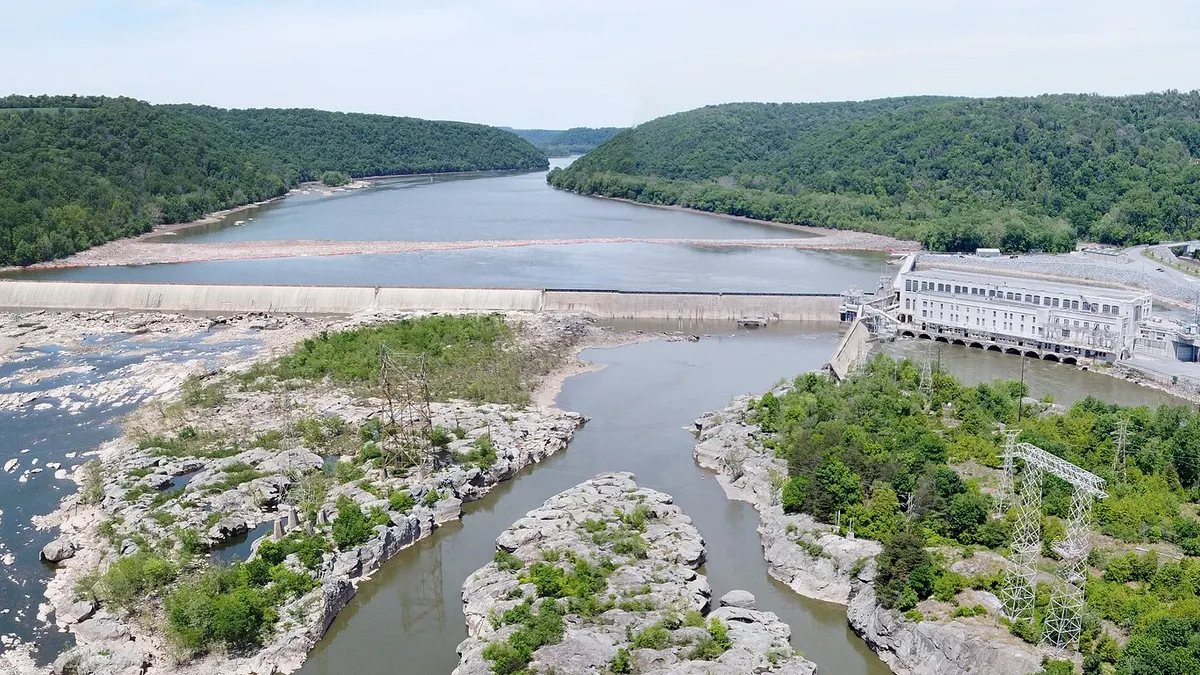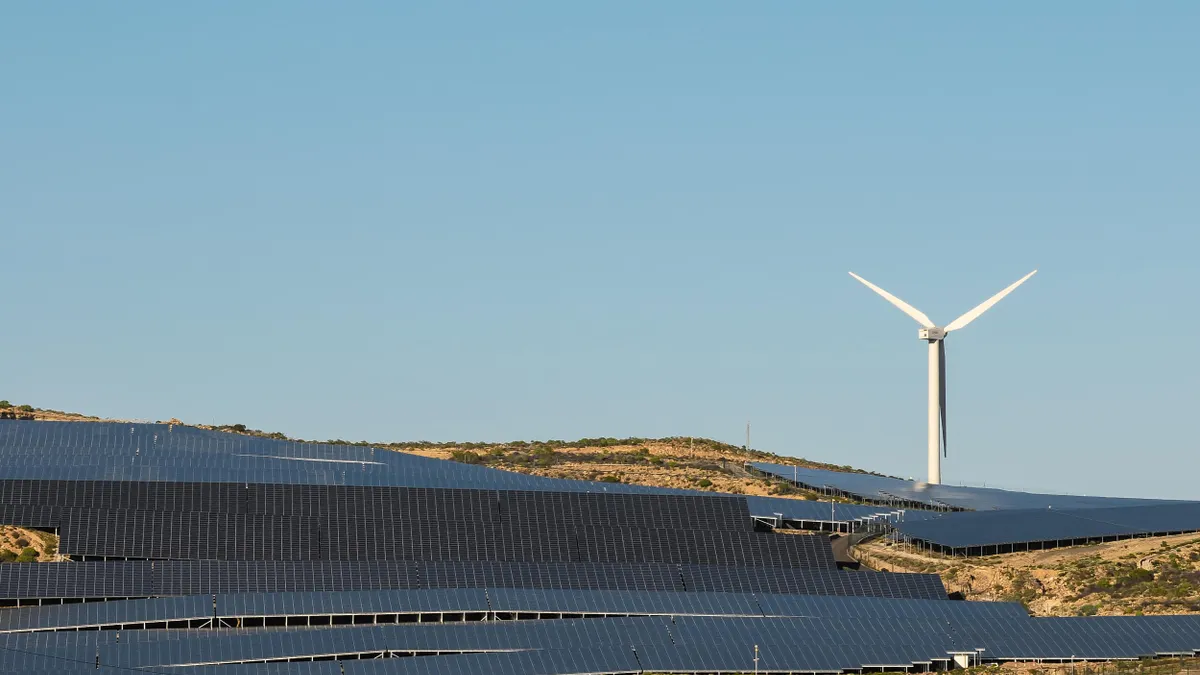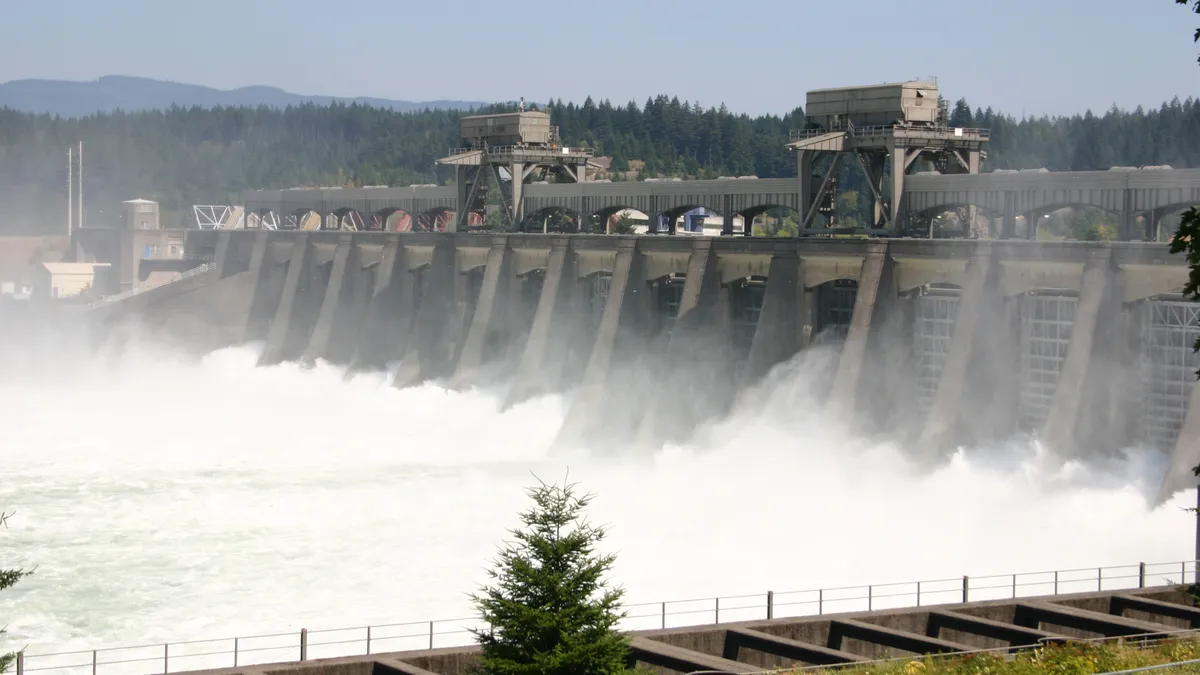The Federal Energy Regulatory Commission on Thursday approved two natural gas pipeline projects, including one that will supply a planned power plant the Tennessee Valley Authority intends to use to help replace a 2,470-MW coal-fired generating station.
Earlier this month, the TVA, a federal power agency, said it might delay retiring its Cumberland power plant in Tennessee if FERC didn’t promptly approve a 32-mile pipeline to be built by Tennessee Gas Pipeline.
The TVA plans to build a 1,450-MW combined cycle, gas-fired power plant by 2026 to replace one of the Cumberland plant’s two units by the end of that year. It intends to retire the second unit by the end of 2028.
FERC estimates the pipeline project will reduce greenhouse gas emissions by about 7 million metric tons a year by allowing the TVA to replace coal with gas at its power plants, according to the agency’s decision.
In FERC’s environmental analysis, the agency found that seven “block groups” out of the 11 within the geographic scope of the planned pipeline were environmental justice communities. Tennessee, the pipeline company, plans to take steps to reduce the effects of building the project on surrounding communities to “less than significant” levels, according to FERC.
FERC Commissioner Allison Clements agreed with the results of the agency’s decision, but disagreed with its conclusion that it is impossible to assess the significance of greenhouse gas emissions with the social cost of carbon protocol.
FERC's decision is based on a misleading comparison of carbon emissions, according to Maggie Shober, research director at the Southern Alliance for Clean Energy. The TVA's environmental impact statement on its planned gas-fired power plant, which FERC relied on heavily in its environmental analysis, significantly downplays how new gas infrastructure affects climate change, she said in an email Friday. For example, it compares the annual emissions of the new gas plant to the retirement of both coal units when the Cumberland gas plant only replaces half of the retiring Cumberland coal plant, Shober said.
The Southern Environmental Law Center, which is leading a challenge to a state permit for the pipeline, blasted FERC’s decision.
“FERC commissioners moved to recklessly rubberstamp this project without fully evaluating the harm this unnecessary pipeline would do to families throughout the Tennessee Valley,” Amanda Garcia, a SELC senior attorney, said in a statement. “TVA customers shouldn’t have to foot the bill for the federal utility’s multi-billion-dollar gas spending spree, especially when investing [in] clean energy technology is already more cost-effective than building new gas plants and pipelines.”
The TVA — the nation’s largest public power supplier — provides power to about 10 million people in seven southeastern states.
Clements sees no need for Transco project
Separately, Clements voted against a planned gas project in Texas by Transcontinental Gas Pipe Line Co., a subsidiary of The Williams Companies.
EOG Resources, a gas producer, signed a 15-year contract for all the capacity on the $91.8 million Texas to Louisiana Energy Pathway project, which is designed to provide 364,400 dekatherms a day of firm transportation service. EOG “may” use the project to supply gas to power plants, industrial end-users and liquefied natural gas terminals, according to FERC.
The contract provides “significant evidence” the project is needed, according to FERC Chairman Willie Phillips and Commissioner Mark Christie, who voted in favor of the proposal. The project will also enhance the efficiency of the domestic natural gas market, they said.
However, echoing concerns raised by Sierra Club, Transco failed to show the project is in the public interest, according to Clements.
“The precedent agreement is evidence of EOG’s need (or at least desire) for service from Transco, but it is not sufficient evidence of the public’s potential benefit from the project,” Clements said. “What makes this case exceptional is the combination of no information on actual end use and the lack of any additional supporting evidence of public benefits beyond the precedent agreement.”
During a media briefing Thursday, Phillips said FERC is exploring possibly changing its 25-year-old process for evaluating gas infrastructure projects.



